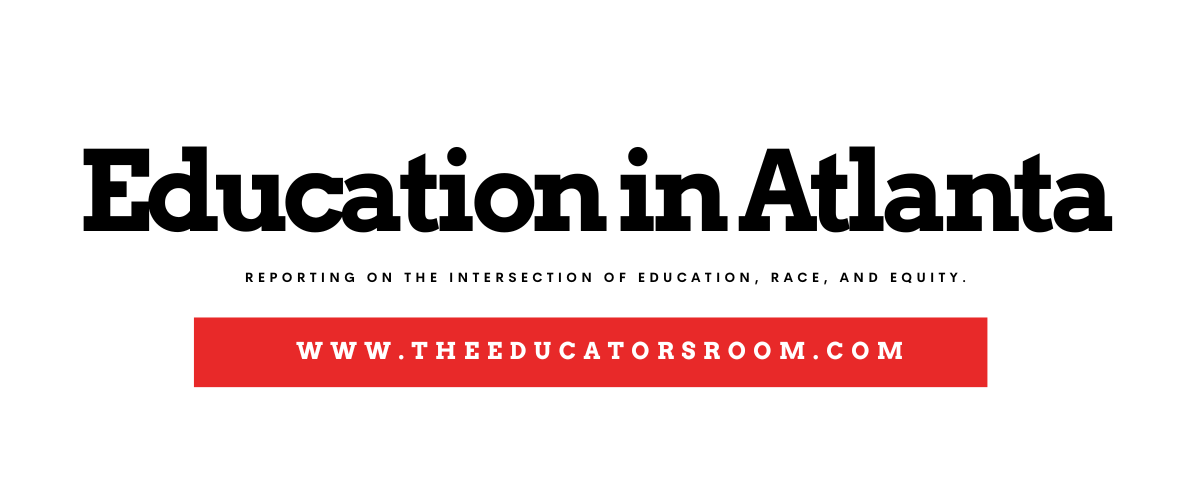Overview:
A working group appointed by State Representative, Jon Burns, has finalized a list of recommendations to improve the state-funded Pre-K program in Georgia.
The Working Group on Early Childhood Education finalized a report of recommendations in January to improve the state-funded Pre-K program in Georgia.
State Representative Jon Burns established the Group to focus on issues surrounding the access and effectiveness of the program. He selected Speaker Pro Tempore Jan Jones as Chair of the working group and appointed Representatives Matt Dubnik (R-Gainesville)), Chris Erwin (R-Homer), Carl Gilliard (D-Savannah), and Todd Jones (R-South Forsyth).
The group was authorized to research, study, and discuss their assigned topic during the interim between the 2023 and 2024 sessions. The Department of Early Care and Learning provided insight into the report’s content.
Georgia’s Pre-Kindergarten Program was created in 1992 with the inception of the Georgia Lottery and was the nation’s first state-funded universal Pre-K program for four-year-olds.
Georgia’s Pre-K Program is funded through a formula that provides approximately 3,818 Pre-K classrooms, equaling 84,000 Pre-K slots. Each classroom is staffed with a lead teacher and assistant teacher, has 22 students, and operates 180 instructional days
plus 10 teacher planning days.
“The current funding per Georgia Pre-K student is $5,284.” The report reads. “The main formula component is salary and benefits for the lead and assistant teacher; an additional operating amount is earned per classroom.”
Later in the report, the Group outlined six issues discussed in the Georgia Pre-K programs with six recommended solutions to follow.
The first recommendation is to restore pre-kindergarten class size to 20 students. This references FY 2012, which expanded the class size from 20 to 22 students to “meet projected lottery revenues.”
According to the report, public and private childcare providers expressed difficulty in having 22 students in their classrooms and showed a desire to have fewer students.
The second recommendation is to increase salaries for assistant teachers. The current Pre-K formula funds a lead and assistant teacher for each classroom. DECAL has determined that providers currently earn $20,190 for each assistant teacher’s salary.
The report calls to “ Increase the salary of assistant teachers from $20,190 to $25,741, for an
annual formula cost of $26,228,941.”
The third recommendation is to provide pay parity between Pre-K and K-12 teachers. The report speaks to the inception of Georgia’s Pre-K Program, the base salary for lead teachers at public Pre-K providers aligned to the state salary schedule; and those teachers received step increases (training and experience) just like K-12 teachers. When the number of instructional days was reduced in FY 2012 to meet declining lottery revenue, this hurt the Pre-K lead teacher’s salary.
The recommendation aims to revise and align salary and supplement schedules for lead Pre-K teachers with the state’s K-12 salary schedule for an annual formula cost of $4,682,380. It also proposes a hold for Pre-K teachers that would be negatively impacted until they reach a certificate or greater experience.
The fourth recommendation is to increase operating funds for Pre-K programs. The current formula provides $8,000 for new classroom start-up grants, which has not been updated since FY 2004.
The recommendation is to increase the $8,000 to $30,000 for an annual formula cost of $2 million in start-up grants. Recommended funds are also added to include materials ($11,454,000) and transportation ($4,052,718.)
It also aims to “provide $15,000 for each Pre-K classroom on a rotating five-year cycle for material refresh for an annual formula cost of $11,454,000. Provide $80.78 per student, for all students, to fund pupil transportation for an annual formula cost of $4,052,718.40.”
The fifth and sixth recommendations are to provide construction and funding for Pre-K classrooms, being “Capital Construction (Public Providers)” and “Equivalent Lease Payments for Private Providers).”
Capital Construction (Public Providers) calls to action reading “Once Pre-K students are included in the system’s facility plan, Pre-K enrollment will only grow if DECAL approves new Pre-K classrooms and/or new Pre-K slots are funded in the budget.”
The report wraps up its findings in the opening, reading “In conclusion, improving Georgia Pre-K will help Georgia’s students receive the best start possible as they journey through Georgia’s education system and, eventually, join our state’s workforce. Furthermore, increasing accessibility and increasing the number of classrooms will directly bolster Georgia’s workforce availability and development efforts.”

